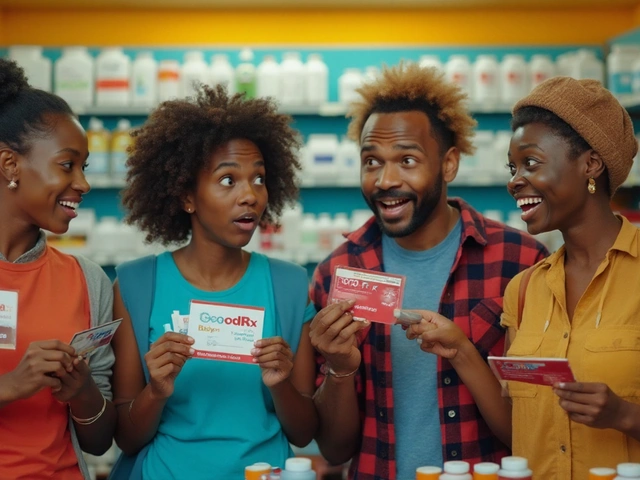Medical Websites: How to Find Trusted Health Info and Safe Pharmacies
Not every site that talks about drugs or treatments can be trusted. Some medical websites explain studies clearly and link to sources. Others sell products and hide facts. You want fast answers, but you also want accuracy. Here are simple checks you can run before you act on health advice or buy medicine online.
Quick checks for trustworthy medical websites
Start with the basics: who wrote the article and when was it updated? Look for an author with credentials (MD, PharmD, RN) and clear references to studies or clinical guidelines. Good sites show dates and list sources. Prefer pages that link to peer-reviewed journals or official health bodies like CDC, NHS, or WHO.
Check the domain and contact info. Government (.gov) and university (.edu) sites are usually solid. If a site sells products, it should still have a real business address and a working phone number. Missing or fake contact details are a red flag.
Watch how content is presented. Reliable sites separate facts from ads. If every page pushes a product, or if headlines promise miracle cures, back away. Look for balanced language that explains risks and side effects, not just benefits.
How to evaluate online pharmacies
Safe online pharmacies follow rules: they require a valid prescription, display a licensed pharmacist, and show third-party seals like NABP VIPPS, LegitScript, or a country-specific accreditation (for example, CIPA for Canada). Those seals aren’t perfect, but they’re a good start.
Check the checkout process. Secure sites use HTTPS and accept major credit cards. Avoid sellers that only accept wire transfers, crypto, or cash. Low prices are tempting, but unusually cheap medicine often means counterfeit or expired products.
Read customer reviews carefully. Look for consistent details about shipping speed, packaging, and whether the drugs matched what was ordered. One-off glowing reviews can be fake; focus on patterns and independent review sites.
Protect your privacy. A trustworthy pharmacy explains how it handles your medical info and offers secure methods to submit prescriptions. If a site asks for unnecessary personal details, don’t give them.
If you’re unsure, ask a local pharmacist or your doctor. They can confirm whether the medication and dose are appropriate and whether the online seller seems legitimate. On Top RX Market we publish reviews and buying guides that point out common scams and safer options.
Short checklist: verify author and sources, confirm accreditation, require a prescription, use secure payment, and compare reviews. These steps will save you time, money, and risk when using medical websites or buying medicine online.

Discovering New Health Destinations: 8 Alternatives to Healthline in 2025
In the ever-expanding online health resource landscape, it's essential to explore various platforms that offer medical and lifestyle insights. While Healthline is a popular choice, several alternatives provide unique features to cater to diverse health needs. From personalized tools to community engagement, these websites present valuable options for anyone seeking reliable health information. Each platform has its own strengths and weaknesses, guiding users to choose the most suitable resource for their lifestyle and medical interests.
Health ResourcesLatest Posts
Tags
- online pharmacy
- medication safety
- generic drugs
- medication
- dietary supplement
- side effects
- online pharmacy UK
- drug interactions
- mental health
- impact
- online pharmacies
- statin side effects
- dosage
- generic vs brand
- pediatric antibiotics
- antibiotic side effects
- skin health
- health
- pain relief
- dietary supplements




